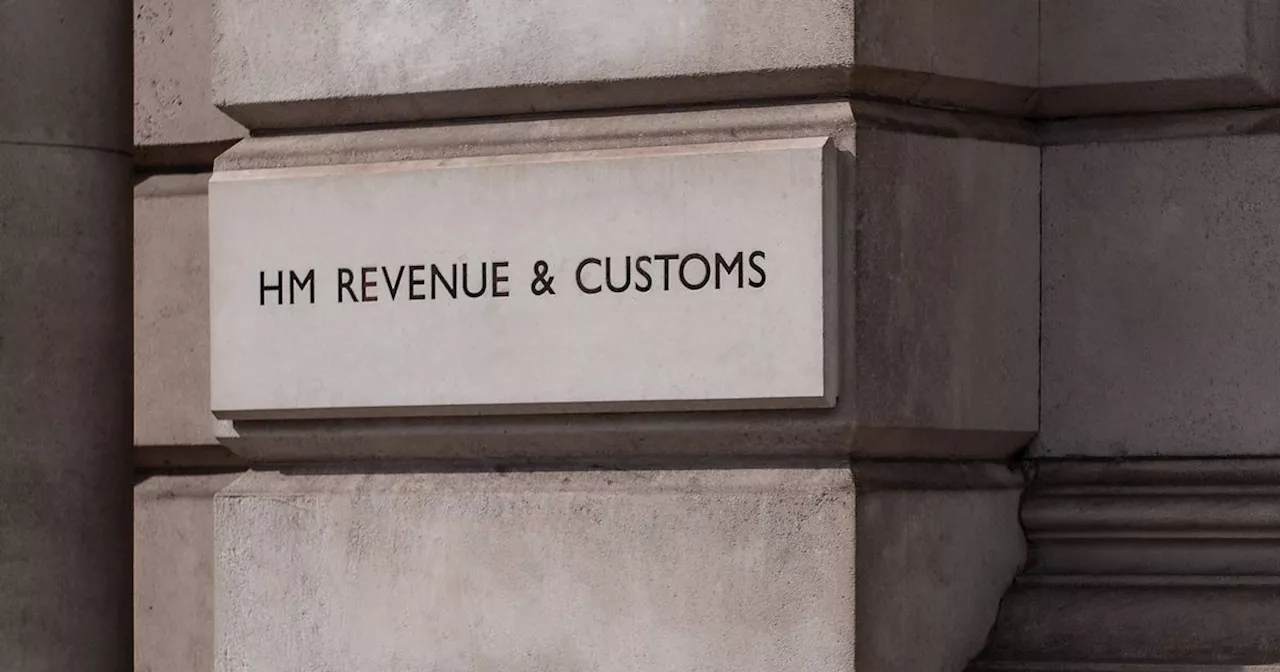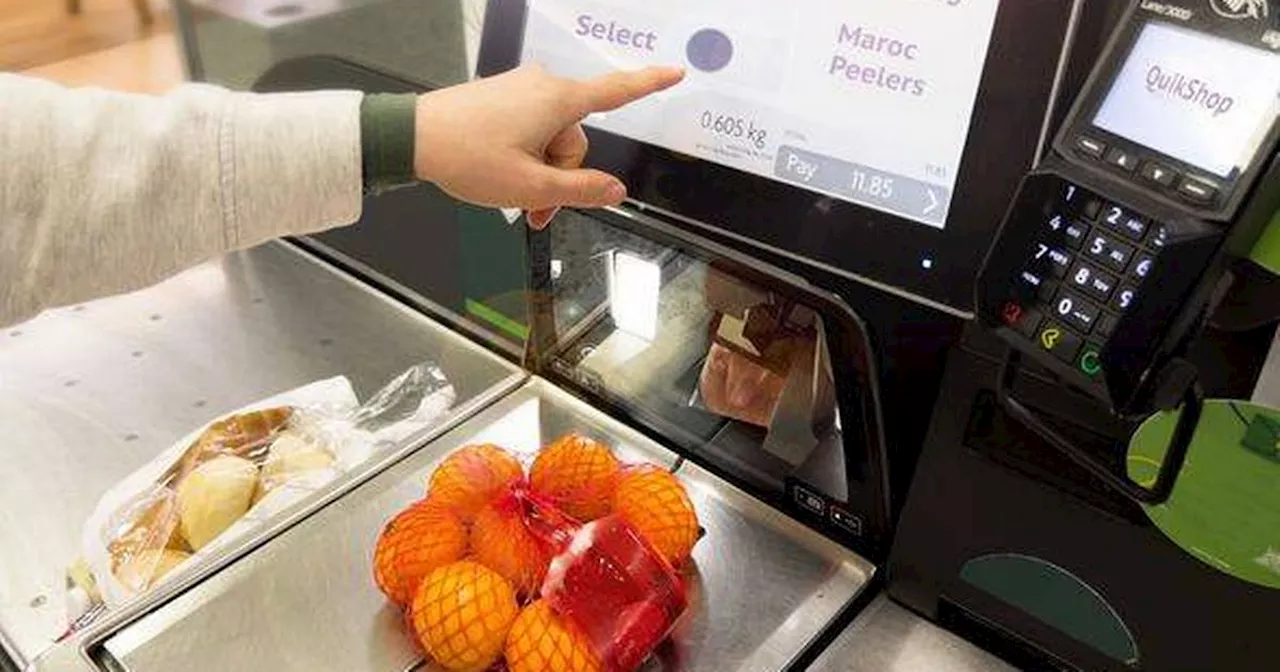Savers are facing the risk of unexpected tax bills as interest rates climb, breaching the Personal Savings Allowance threshold. The article advises on maximizing tax-free savings through ISAs and highlights the potential for increased interest earnings by transferring balances to easy access accounts. It also provides insights into future interest rate trends and the importance of securing fixed-rate accounts to safeguard against potential declines.
Savers have been warned they could face unexpected tax bills if their interest earnings exceed a key HMRC allowance. Pete Lewis, senior savings manager at Yorkshire Building Society, pointed out that a growing number of individuals are surpassing the threshold for paying tax on their savings. He explained, 'With frozen thresholds and higher interest rates, more accounts are breaching the Personal Savings Allowance limit.
Basic-rate taxpayers can earn up to £1,000 in interest tax-free, but exceeding this can result in unforeseen tax liabilities.' For those who pay income tax at the higher rate, the tax-free allowance reduces to £500, and there is no allowance for those on the additional rate. The tax rate applied to your interest earnings aligns with your income tax band, so it's 20% for basic rate earners, 40% for higher rate taxpayers, and 45% for those on the additional rate.One strategy to maximize tax-free savings is to deposit funds into ISAs, as any interest or investment growth within these accounts is exempt from taxation. Mr. Lewis advised, 'If you haven't already, consider topping up your Individual Savings Account (ISA) before the end of the tax year. You can save up to £20,000 tax-free each year.' This allowance can be distributed among various ISA types, including cash, stocks and shares, innovative finance, and lifetime ISAs. The savings expert also highlighted how some savers could potentially boost their interest earnings by over £1,000. Data obtained by consultancy firm CACI, working on behalf of Yorkshire Building Society, revealed that at the end of last year, there was £362 billion in accounts offering interest rates of 1% or less. The analysis also uncovered nearly 13 million current accounts in the UK holding balances exceeding £5,001, with an average balance of £23,600. Mr. Lewis commented, 'If these individuals transferred their balances into an easy access account, they could potentially earn over £1,000 more in interest.' With several providers currently offering rates of 4.7% or higher for easy access accounts, depositing £23,600 in such accounts would yield an annual return of £1,109.20 or more.Amy Knight, a personal finance expert at NerdWallet UK, speculated that the base interest rate might fall below four percent by the year's end, down from its current 4.75 percent. She recommended that individuals who have navigated the cost of living crisis without depleting their savings secure a fixed-rate savings account now to protect against potential rate declines. Ms. Knight also cautioned savers about withdrawal penalties, stating, 'Remember to carefully consider when you'll need to withdraw the money, as many providers reduce the amount of interest they pay after a certain number of withdrawals. Holding savings in a range of instant access, easy access, and longer-term fixed accounts is a prudent approach to benefit from higher rates while maintaining some cash readily available for emergencies or anticipated financial milestones in the near future.
Personal Savings Allowance Isas Interest Rates Tax Bills Savings Easy Access Accounts
United Kingdom Latest News, United Kingdom Headlines
Similar News:You can also read news stories similar to this one that we have collected from other news sources.
 Pension Savers Face Tax Bills After Withdrawing Lump SumsHMRC warns that 'cooling off period' policies don't apply to returning withdrawn lump sums, leaving people liable for tax.
Pension Savers Face Tax Bills After Withdrawing Lump SumsHMRC warns that 'cooling off period' policies don't apply to returning withdrawn lump sums, leaving people liable for tax.
Read more »
 Rising Interest Rates: UK Savers Face Tax Bills and Potential Savings StrategiesThis article warns UK savers about the potential for increased tax bills due to rising interest rates and the frozen Personal Savings Allowance. It explores the impact on different income brackets and offers strategies to minimize tax liabilities, such as utilizing ISAs and considering fixed-rate accounts.
Rising Interest Rates: UK Savers Face Tax Bills and Potential Savings StrategiesThis article warns UK savers about the potential for increased tax bills due to rising interest rates and the frozen Personal Savings Allowance. It explores the impact on different income brackets and offers strategies to minimize tax liabilities, such as utilizing ISAs and considering fixed-rate accounts.
Read more »
 Savers Beware: HMRC Could Tax Your Savings InterestThis article explains how HMRC's starting rate for savings interest works and how it can affect your tax liability. It outlines the personal tax allowance and the impact of other income on your savings tax-free limit.
Savers Beware: HMRC Could Tax Your Savings InterestThis article explains how HMRC's starting rate for savings interest works and how it can affect your tax liability. It outlines the personal tax allowance and the impact of other income on your savings tax-free limit.
Read more »
 Unexpected Health Issues and HMRC Catch Out Families Attempting Inheritance Tax AvoidanceFamilies are increasingly making large lifetime gifts to avoid inheritance tax, but unexpected health issues and HMRC regulations are catching many out.
Unexpected Health Issues and HMRC Catch Out Families Attempting Inheritance Tax AvoidanceFamilies are increasingly making large lifetime gifts to avoid inheritance tax, but unexpected health issues and HMRC regulations are catching many out.
Read more »
 Food bills about to get a lot more expensive with new 'plastic tax'A new 'grocery tax' on packaging used by retailers and manufacturers could increase shopping bills by up to £1.4 billion.
Food bills about to get a lot more expensive with new 'plastic tax'A new 'grocery tax' on packaging used by retailers and manufacturers could increase shopping bills by up to £1.4 billion.
Read more »
 Labour's 'Grocery Tax' Could Hike UK Household Bills by £56, New Analysis FindsA new analysis suggests that Labour's contested 'grocery tax', formally known as Extended Producer Responsibility (EPR), could add up to £56 annually to UK households' shopping bills. The policy, aimed at meeting net-zero targets by requiring retailers and manufacturers to cover packaging waste collection and disposal costs, is facing backlash for potentially raising food prices and burdening businesses with additional bureaucracy. While the Government argues EPR will incentivize environmentally friendly practices, opponents fear these extra costs will ultimately be passed onto consumers.
Labour's 'Grocery Tax' Could Hike UK Household Bills by £56, New Analysis FindsA new analysis suggests that Labour's contested 'grocery tax', formally known as Extended Producer Responsibility (EPR), could add up to £56 annually to UK households' shopping bills. The policy, aimed at meeting net-zero targets by requiring retailers and manufacturers to cover packaging waste collection and disposal costs, is facing backlash for potentially raising food prices and burdening businesses with additional bureaucracy. While the Government argues EPR will incentivize environmentally friendly practices, opponents fear these extra costs will ultimately be passed onto consumers.
Read more »
